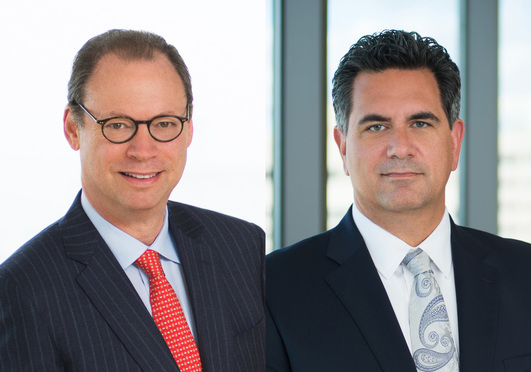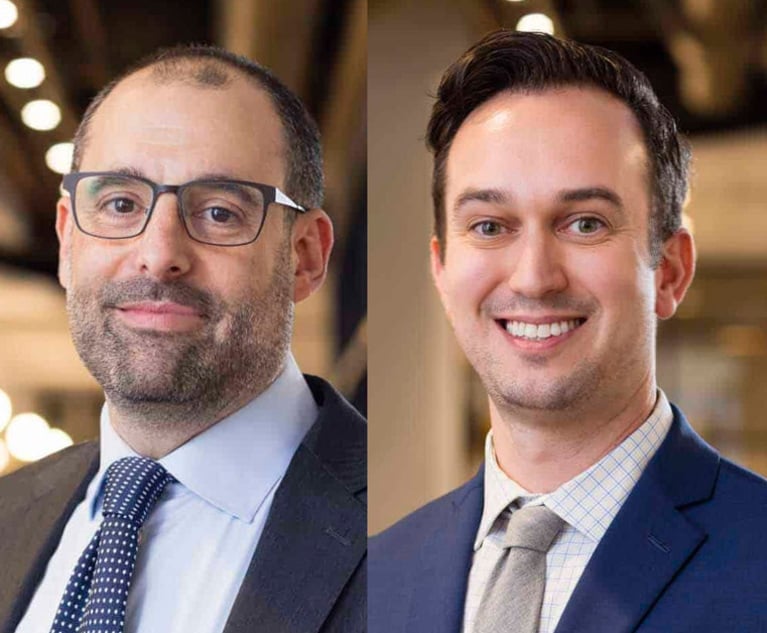 Left to right: Andrew Kassner and Joseph Argentina of Drinker Biddle & Reath.
Left to right: Andrew Kassner and Joseph Argentina of Drinker Biddle & Reath.
The trustee in bankruptcy acts as a fiduciary for all creditors to identify assets and administer the bankruptcy estate. Usually the trustee must investigate the debtor’s prepetition affairs. The Federal Rules of Bankruptcy of Procedure provide a powerful tool for such activities, including the ability to obtain discovery of third parties without first filing a lawsuit. In-house counsel and nonbankruptcy practitioners are often surprised when advised the bankruptcy trustee or debtor in possession can conduct broad discovery beyond the traditional limits of nonbankruptcy civil litigation. In a 22-page opinion issued on Aug. 17 in In re Transmar Commodity Group, Case No. 16-13625-JLG, Judge James L. Garrity of the U.S. Bankruptcy Court for the Southern District of New York explored the contours of discovery powers in bankruptcy. The court’s opinion provides a useful roadmap for understanding how courts determine what is, and is not permitted.






